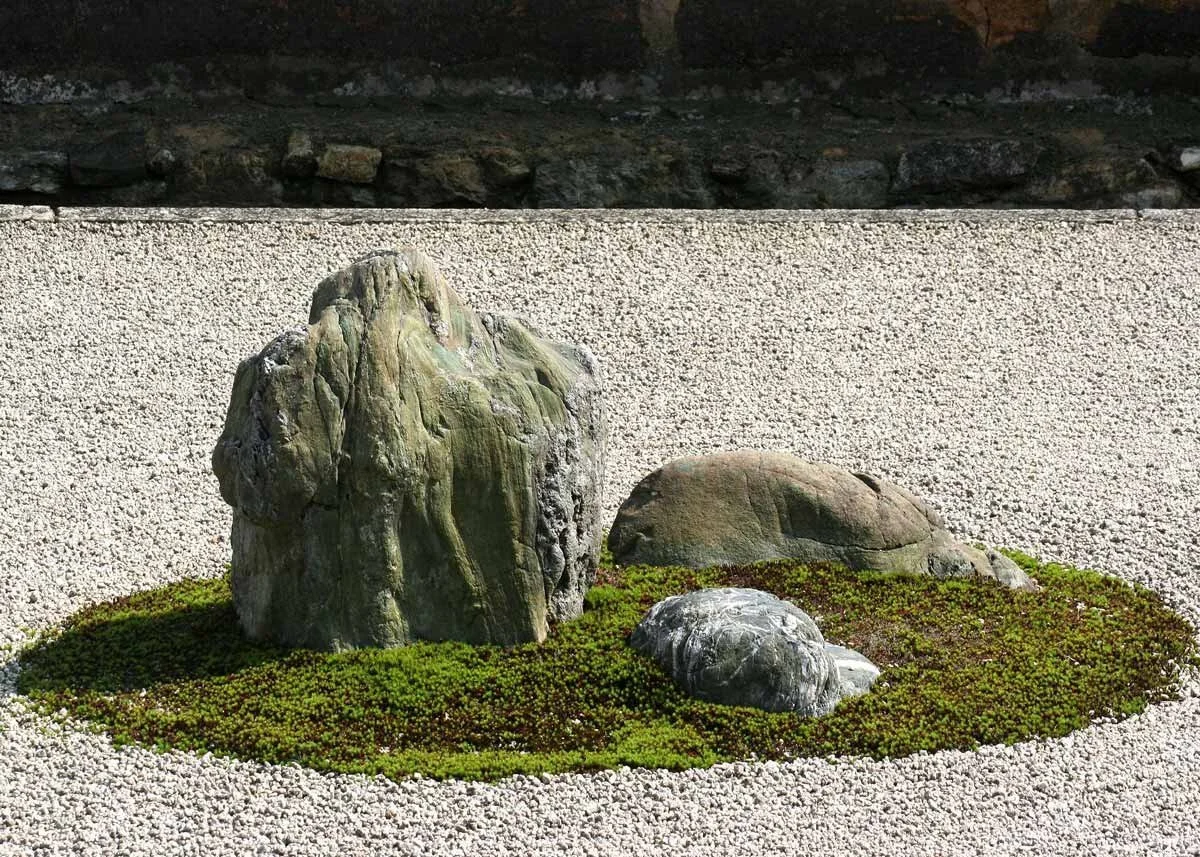Coming off of the holiday, there is a heightened awareness of time and our perception of it. Christmas landed on a Monday this year, and new years day the following Monday. Our businesses and communities slowed, but not stopped, during this time. One could feel the tension between taking a pause to be with families verses continuing to march on towards continued growth and expansion. We live in a society where decline is concerning and neutrality is death. And death, well that's to be avoided at all costs. Because, if you work hard enough, and keep pushing, you'll beat it. Right?
At least that's the reality I perceive in our culture. Our capitalistic economic structure is predicated on this sentiment, perpetual growth. I believe it permeates into our individual mindsets every day. If we keep doing these things, then this thing will happen, then this thing, then I'll be happy. There's a sense of timelessness, or certainty that there will be enough time, to delay contentment and satisfaction with one's own daily life. Yet, this is contrary to how the rest of our reality behaves.
We are born, we live, we die. These broad strokes sound like the beginning of a bumper sticker, but how much do we let those aspects drive our behavior? I would argue, the evidence is best represented in the nuance of the 'living' part. Do we live our lives as if we'll breathe, smell, see, hear, walk, speak, hug, spend time with,...forever.? To grapple with the impermanence of these things is at odds with our culture, and perhaps our own biology. From my own personal experience, it requires very direct and mindful effort to combat the 'enough time' paradigm. It's uncomfortable, sad and beautiful at the same time, and arguably necessary to live an appreciative life.
I was forced to grapple with the finite nature of life when confronted with the loss of loved ones. Even then, I don't think I really allowed myself to settle into thoughts around my own final chapter. Socially, conversations on death and decay aren't exactly great party conversations. I first let myself really lean in to thinking about the end when reading a book by Steve Covey, where you write your own eulogy. This writing should ultimately help shape what you focus in the now to achieve what you want said about you in the end. The next moment probably would've been discovering a meditation that was introduced to me by Sam Harris, through his app on guided meditation. And then most recently, I finished a book called 'Outlive' by Peter Attia that targets long term physiological outcomes and provides possible behavior to achieve them. All three of these angles start with the end in mind and work backwards. To say that this mindset changes your approach on things is an understatement.
Contemplation on my own timeline affects every decision I make. The acceptance that everything is impermanent allows me keep an eye on the bigger picture, even when things in the immediate fight for the contrary. From much practice, I've experienced a greater resiliency when faced with the shifting sands of life. Perhaps this is because it's easier to accept change when you've savored what life has provided thus far. When I have experienced moments where a new norm seemed imminent, the realization of not knowing how good I had it was as difficult as the thing itself.
For instance, I experienced sudden and severe back pain several years ago. After seeing a specialist and having a number of scans, it seemed very possible that I might have to live with chronic pain. Living without pain was just a given to me until that moment, I had never even contemplated its value in my everyday existence. Then suddenly, that aspect of my life seemed to be forever gone. I was equally frustrated with the pain I was enduring as I was with the fact that I had never once thought, 'how great today is that I can get out of bed and live my life without any pain whatsoever.' It was a feeling of regret and shame in a sense, shame of the arrogance that felt inherit in the perception that I would be free from physical suffering forever. This experience also made me realize that significant gratitude doesn't have to come from suffering or loss. We have the ability, as thinking humans, to imagine other ways of life, experience them with our minds, and generate a whole world of thankfulness just by making yourself more aware of the reality in which you live.
If I were to choose a different order of discovery, I would recommend starting with Sam Harris's meditations, then move to Steve Covey's eulogy concept, and then go to Attia's Outlive. I think all three pursuits appeal to me because they, collectively, touch on the mind, body, and spirit and come to terms with our duration on this planet with some type of actionable approach to living with the end as a palpable concept in one's own daily life. I think in a way, I approach these as tools to aid in avoiding as much regret as possible. For instance, Covey mentioned that one of the primary items that people have stated as regrets when reflecting on their own lives was that they didn't spend enough time with those they loved. If you accept that as possible truth for yourself, it offers a reference frame in which you can analyze any decision, i.e. 'will this life course bring me closer or further away from the people I want to be around? If the answer is closer, proceed. If not, decline.' I'll end my thoughts with a quote from Steve Covey, 'The key is not to prioritize your schedule but to schedule your priorities.'
Sam Harris: https://www.wakingup.com/about
Covey, Steve, 7 Habits of Highly Effective People, Simon & Schuster, Re-Issue Edition, November 21, 2013
Attia, Peter, Outlive, Harmony, First Edition, March 28, 2023

